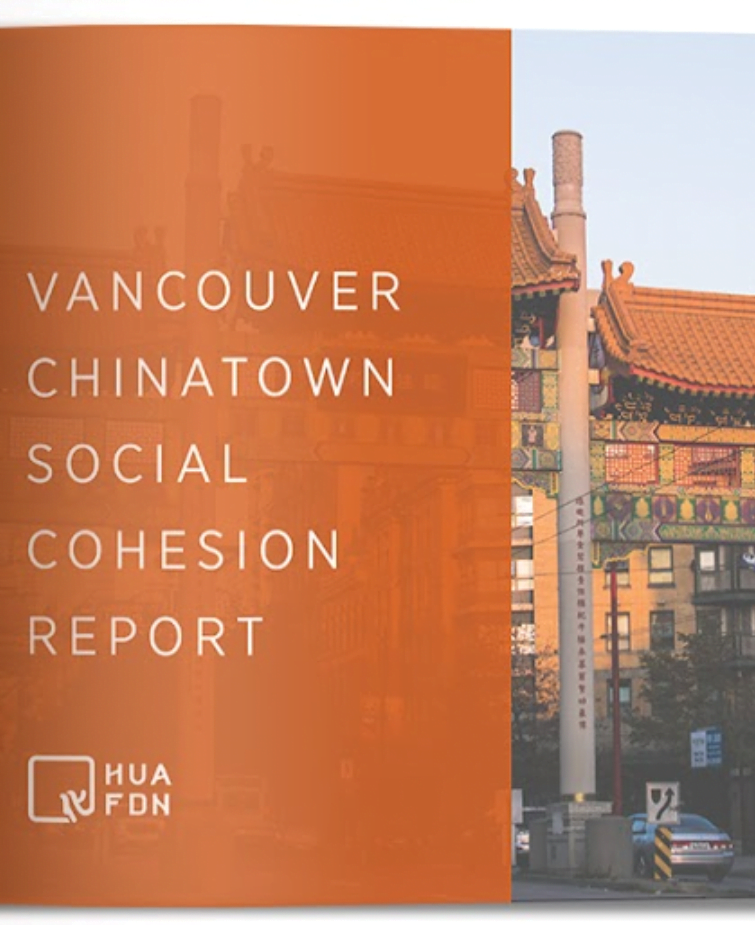2 search results
for
Children and youth
Addressing parallel systems
Recommendation 5: Establish cultural knowledge/skills sharing hub that works off of UNESCO’s Intangible Cultural Heritage (2003) Article 14(a), where each State Party shall endeavour, by all appropriate means, to ensure recognition of, respect for, and enhancement of the intangible cultural heritage in society, in particular through:- educational, awareness-raising and information programmes, aimed at the general public, in particular young people;
- specific educational and training programmes within the communities and groups concerned;
- capacity-building activities for the safeguarding of the intangible cultural heritage, in particular management and scientific research; and
- non-formal means of transmitting knowledge.
-
Category and theme:
Audience:
Groups affected:
Location of recommendation:
Policy recommendations
Shifting systems level beliefs and behaviours
Recommendation 15: Development and application of an Equity FrameworkUNESCO’s Intangible Cultural Heritage (2003) calls for the “[adoption of] a general policy aimed at promoting the function of the intangible cultural heritage in society, and at integrating the safeguarding of such heritage into planning programmes.”
At a high level, we recommend that the City of Vancouver develop an equity framework to better include and understand the needs of Vancouver’s existing and growing diverse populations. The topics discussed in this report do not exist in a vacuum, but rather have complex intersectionalities, which can only begin to be understood from a framework of equity. For example, conversations about contributing to Chinatown’s character must be rooted in an understanding of the cultural blindness of orientalism and racial stereotyping.
The equity framework would apply to all aspects of municipal governance, such as services, outreach and engagement, decision making, hiring, and other key functions of the City. Multiple forms of equity, such as gender, race, disability, and economic, should be taken into account.
This framework would include a holistic recognition of culture (beyond Arts & Culture) and from there, approach policy-making and implementation through a culturally appropriate lens. As discussed in our Vancouver Chinatown Food Security Report (2017), we recommend that the City recognize the importance of culture and enact culture as the 4th pillar of sustainability. Similar equity-based approaches can be found in UNESCO’s definition of Intangible Cultural Heritage where culture “is recognized as such by the communities, groups or individuals that create, maintain and transmit it—without their recognition, nobody else can decide for them that a given expression or practice is their heritage.” This speaks to the self-determination approach where a healthy community is one that has the right and the ability to shape their own present and future.
This equity framework will be critical in our collective work to further define Chinatown’s intangible cultural heritage—a key part of the community’s bid for a UNESCO designation. UNESCO states that intangible cultural heritage “has capital importance as it allows cultural diversity to be maintained through dialogue between cultures and the promotion of respect towards other ways of life.” The phrasing “other ways of life” comes from principles of recognizing that diversity is beyond a settler-centric celebration of perceived differences; it’s about meaningfully working alongside diverse people towards empowering their autonomy and actualization.
This gives credence to the understanding that there should be more emphasis put towards the community’s right to self-determine their future. Further work will need to be completed to design a tangible and measurable framework that covers the various forms of disparities that our communities face and hold.
-
Category and theme:
Groups affected:
Location of recommendation:
